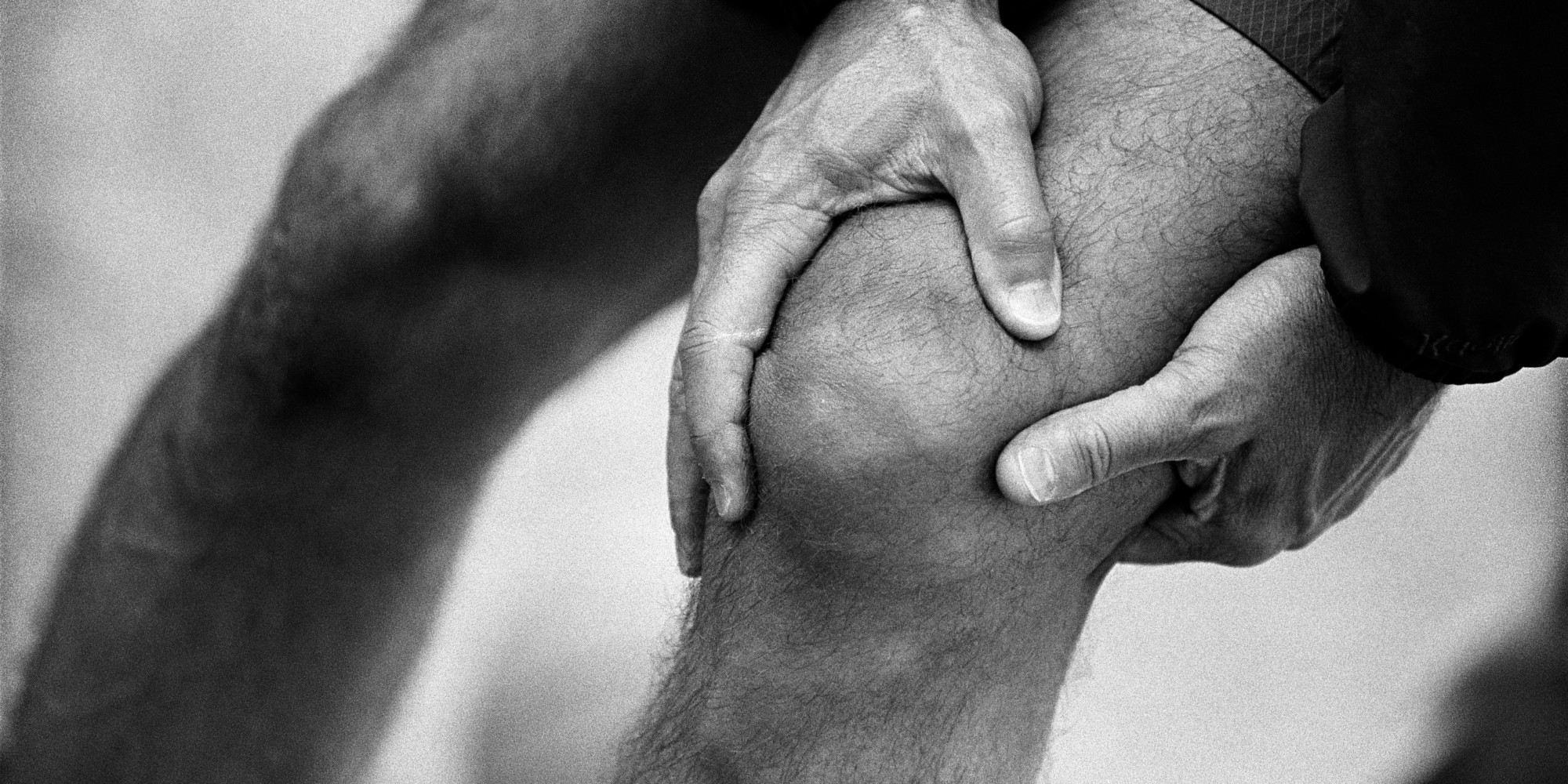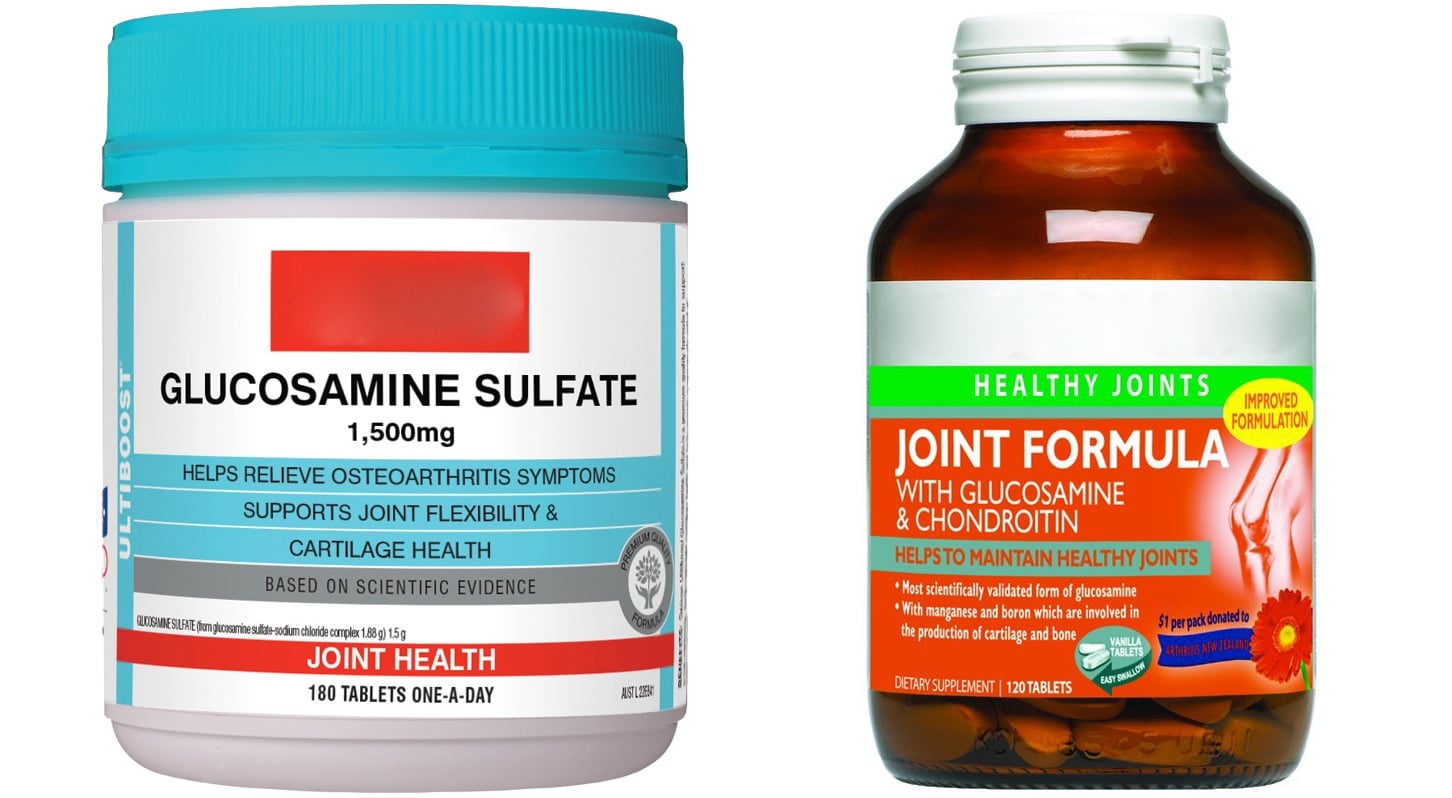I’m often asked what I really think about Glucosamine and Chondroitin for Osteoarthritis.
Osteoarthritis can be a debilitating joint condition and is the 4th leading cause of disability in the world. It is caused by a progressive deterioration and a generalised loss of a cushioning tissue (called articular cartilage) that sits on and protects the bone surfaces of a joint. This loss of the articular cartilage layer of a joint causes pain, stiffness, often swelling and a loss of function. This can affect work, recreations and simple activities of daily living causing a reduction in “quality of life”.
Glucosamine and Chondroitin are important constituent molecules of the articular cartilage layer. This layer however has many other molecules, cells and internal fibres and how they are all arranged together is extremely complex. Articular cartilage is one of the few tissues in the body, which once damaged, has no mechanism to repair itself. This is why osteoarthritis (and other forms of arthritis) remains a great unsolved medical problem. There is NO treatment to date (medications, injectable therapies or surgical treatment) that has been shown to reverse or cure osteoarthritis.
The use of glucosamine and chondroitin has gained popularity as a treatment for osteoarthritis. In Australia and the US, these substances are viewed as “natural” joint supplements and not medications for which a prescription is required. As such they are readily available over the counter in chemists, health food shops and via on-line stores. They are promoted quite aggressively by multinational wellness/bio-ceutical companies with large marketing budgets, claiming both symptomatic and joint cartilage protection benefits. In some European countries, only a medical practitioner can prescribe these supplements.
Glucosamine and Chondroitin have been extensively studied in humans and animals over the last 15 years. In terms of arthritic pain the results of scientific studies is conflicting. Some studies indicate benefit over placebo (sugar pill treatment) and others do not. In general, the poorest designed studies with the greatest bias (manufacturer sponsored studies) show the best results and the better designed studies show no difference. No study has demonstrated that either glucosamine or chondroitin or a combination of the two leads to repair or reconstitution of articular cartilage.
The largest and best designed clinical trial has been the GAIT or Glucosamine/chondroitin Arthritis Intervention Trial conducted in the US and funded by the National Institutes of Health without any industry sponsorship. They looked at over 1580 patients who were assigned to various treatments including a placebo group and found over a 6 month period that glucosamine and chondroitin, alone or together, did not reduce osteoarthritis knee pain more effectively than placebo. About a third (570) of these patients continued treatment for 2 years and no treatment group showed reconstitution of joint space or even a slowing of osteoarthritic disease.
No study has demonstrated any serious side effects with glucosamine or chondroitin treatment. Glucosamine is prepared from shellfish shells and people allergic to seafood should use with caution, although most sensitivity is to seafood flesh rather than shells. There are preparations of glucosamine made from plant products. Chondroitin may interact with some blood thinning agents.
My overall feeling is that for most individuals with osteoarthritis there is little downside to taking these supplements but there is also probably little benefit for most. Anecdotally I have seen patients who feel these products are beneficial and if this is the case, they can probably be continued quite safely. If desired, a trial of glucosamine can be undertaken, however if no benefit is identified after 2-3 months, they probably should be discontinued. There is no evidence to suggest that prolonged use of glucosamine or chondroitin slows the progression of osteoarthritis.



